





Give all of your plants a good drink, especially your trees. Their roots need plenty of moisture to make it through the upcoming months.
Before autumn begins, find out how to tend your garden at the end of summer.
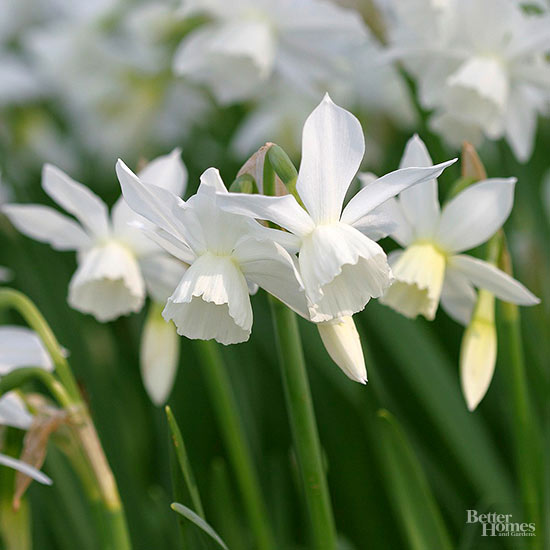
Order from catalogs or visit garden stores early for best selection.
Test Garden Tip: If deer or rabbits are a problem in your area, select pest-resistant bulbs such as daffodils, Siberian squill, and fritillaria.
Learn about some of the best spring-blooming bulbs.
Discover more bulbs that pests leave be.
Fallen rose foliage can give diseases a safe place to overwinter and create problems in your garden next year.
Learn more about getting your roses ready for winter.
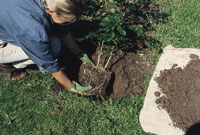
Early fall planting gives new plants enough time to get their roots established before winter.
Get tips for planting trees and shrubs.
Get the ground ready for next year's beds and your fall bulbs by tilling the soil and adding home-made compost.
Learn to make and use your own compost.
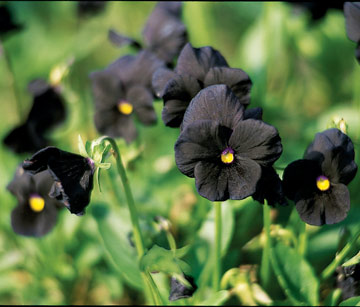
Once your summer blooms fade, add color to your garden with fall annuals, such as mums, pansies, and ornamental kale.
Beautify your yard with our fall container garden ideas.
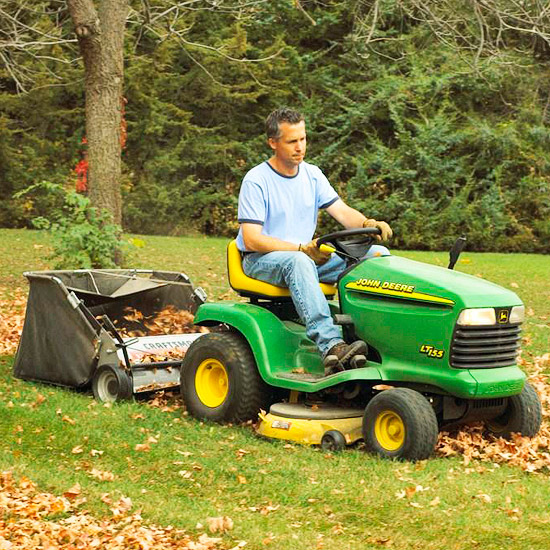
Grass grows more slowly in fall, but it still needs to be cut to prepare for winter. A lower cutting height helps the soil dry out more quickly in spring.
Learn more about lawn mowers.
Don't miss out: More fall lawn-care secrets.
Don't forget your feathered friends; their food supply grows scarce in autumn.
Learn more about bird feeding.
Discover top berry plants for attracting birds.
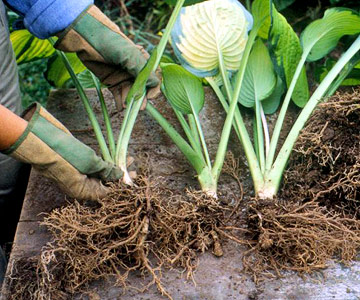
While you're digging them up to divide them, try rearranging plants if they haven't been working in their current location.
Test Garden Tip: Hold off dividing asters, chrysanthemums, and other fall-blooming perennials. It's best to split them in spring.
Get step-by-step tips for dividing your perennials.
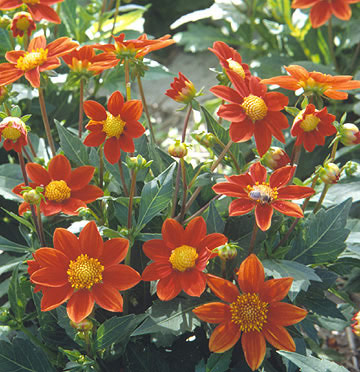
Love the way your favorite summer bulbs performed this year? Save them for a repeat show next year! It's easy: Dig and store dahlias, cannas, caladiums, callas, and other tender bulbs in peat moss or sand in a cool (around 50 degrees F is best), frost-free spot for the winter.
Note: If you live in an area where the bulbs are hardy, you can leave them in the ground. Digging and storing summer bulbs is only necessary if they can't take the amount of winter cold your area experiences.
Get more tips on storing tender bulbs.
Discover our favorite summer bulbs.
Left unattended, fallen tree leaves may suffocate your lawn. Shred them and they make great mulch.
Find the best kind of mulch for your garden.
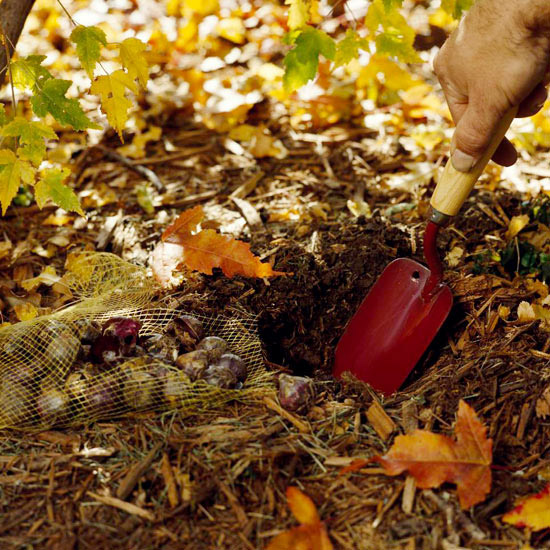
Plant your favorite bulbs now for colorful springtime blooms.
Test Garden Tip: You can usually get away with planting bulbs late, up until the soil freezes solid enough you can't get a shovel in the ground.
Don't miss our bulb planting tips!
Get an early touch of spring by planting bulbs now to bloom indoors in January or February. Bulbs such as narcissus and hyacinth work well if you plant them now and keep them cool until you're ready to enjoy the blooms.
Discover more on forcing bulbs.
Don't let your lawn go into winter without the nutrients it needs to battle the long sleep.
Know how much lawn food to use with our fertilizer calculator.
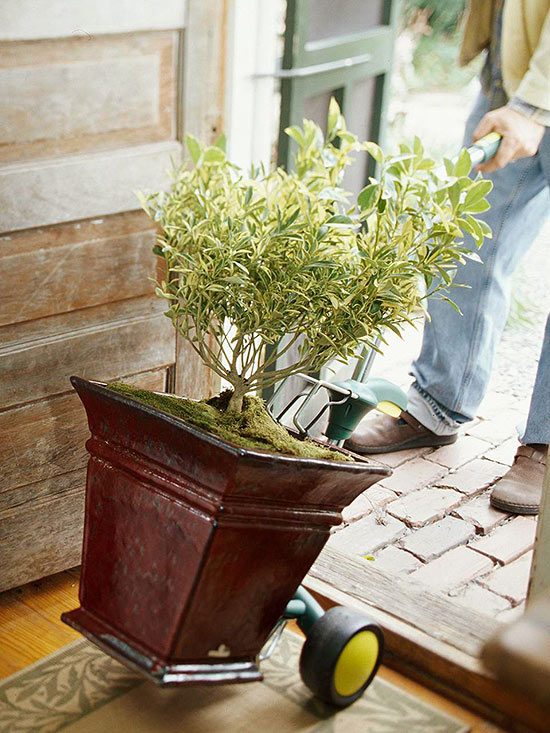
Remove dead foliage and break up any hardened soil before hauling your cherished tropical plants (such as mandevilla, passionflower, and citrus) indoors for the winter.
Test Garden Tip: Keep an eye out for pests, too. Before bringing plants indoors, spray them, if necessary, to keep aphids, mealybugs, or other harmful insects out of your house.
Get more tips.
Ensure any standing water is removed from your watering equipment; store items in a dry place.
Remove weeds and debris so pests won't make your garden their winter home.
Spent and dead, your summer annuals can now nourish the compost heap.
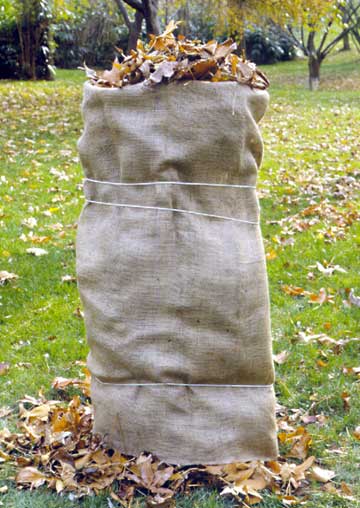
Shrubs, roses, and perennials that might succumb to blasts of cold should be protected with mulch or another protective covering. Place these frost barriers after the first freeze.
Copyright © www.100flowers.win Botanic Garden All Rights Reserved